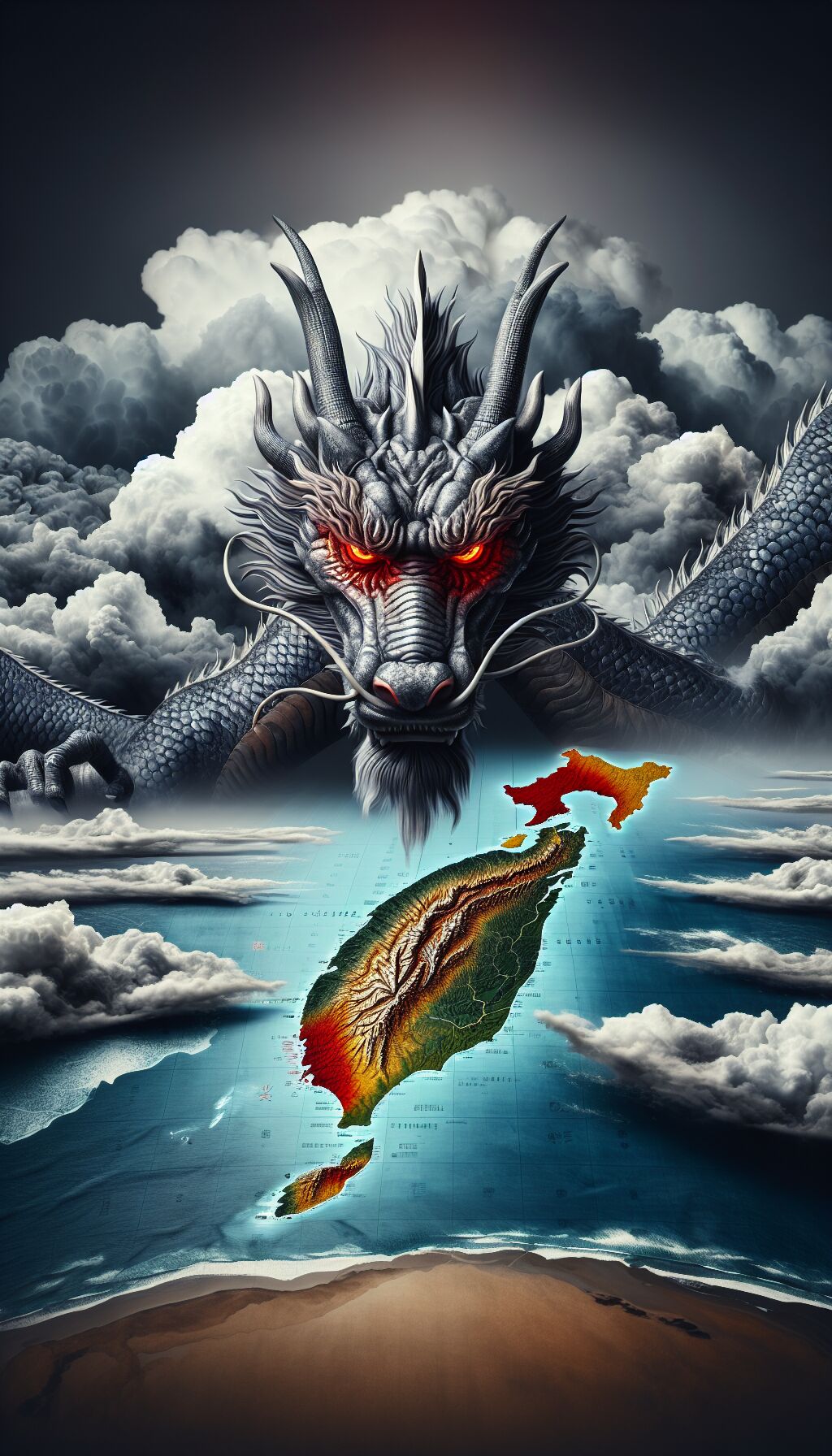China Reacts Strongly to US-Taiwan Arms Deal
In a significant escalation of diplomatic tensions, China’s foreign ministry delivered a stern rebuke to the United States and Taiwan on Sunday following the U.S. State Department’s approval of a substantial arms sale to the self-governing island of Taiwan. The approved arms deal, valued at 5 million, is primarily aimed at bolstering Taiwan’s defense capabilities with spare parts for F-16 fighter jets and radar components.
China’s Sovereignty Claims on Taiwan
Chinese officials expressed their vehement opposition not only to the arms transaction but also to the recent visit of Taiwanese President Lai Ching-te to U.S. territories, including Hawaii and Guam. Beijing’s government firmly maintains that Taiwan is an integral part of its territory and routinely reacts strongly against any actions that might lend legitimacy to Taiwan’s democratically-elected government.
The Arms Deal and Its Implications
The arms deal, approved late last week, signifies a continuation of U.S. support for Taiwan amidst rising tensions in the Indo-Pacific region. In their response, Chinese officials characterized the deal as sending the “wrong signal,” indicating a detrimental effect on regional stability. In a formal statement, they went on to “strongly condemn” Lai’s travels to the U.S., perceiving it as an affront to China’s sovereignty.
The U.S. Stance on Taiwan
The United States has consistently demonstrated support for Taiwan through various military agreements, operations, and diplomatic engagements over the years. High-profile meetings between U.S. officials and Taiwanese representatives, such as the visit of former House Speaker Nancy Pelosi in 2021, have prompted sharp responses from Beijing, including military drills in the Taiwan Strait. These military exercises have marked a pattern of escalating tensions, notably when then-President Tsai Ing-wen held talks with prominent U.S. figures.
Future Implications under Trump Administration
Looking ahead, the upcoming administration of President-elect Donald Trump suggests a potential reaffirmation of steadfast U.S.-Taiwan relations. His selection of key personnel — including nominees for the United Nations ambassador, national security adviser, and secretary of state — has attracted attention as many are perceived as “China Hawks,” advocating a firm stance against Chinese aggression and supporting Taiwan’s defense initiatives.
Marco Rubio’s Role in U.S.-Taiwan Policy
Senator Marco Rubio of Florida, recently nominated by Trump for the position of secretary of state, has been a vocal advocate for confronting China’s influence while pushing for stronger support of Taiwan. Rubio’s dedication to increasing Taiwan’s defense spending aligns with broader strategic goals but raises a critical question regarding how aligned these views are with the sentiments of the Taiwanese populace.
Conclusion: The State of U.S.-Taiwan Relations
The U.S. stance towards Taiwan continues to be a contentious issue in international relations, particularly in the context of U.S.-China dynamics. As the Biden administration transitions to that of Trump, the prevailing question remains: how will U.S. foreign policy adapt in a region rife with geopolitical tension? The ongoing arms sales to Taiwan and high-profile visits from American officials will likely continue to provoke strong reactions from Beijing, underscoring the delicate balance of power in the Indo-Pacific.
Reuters contributed to this report.










